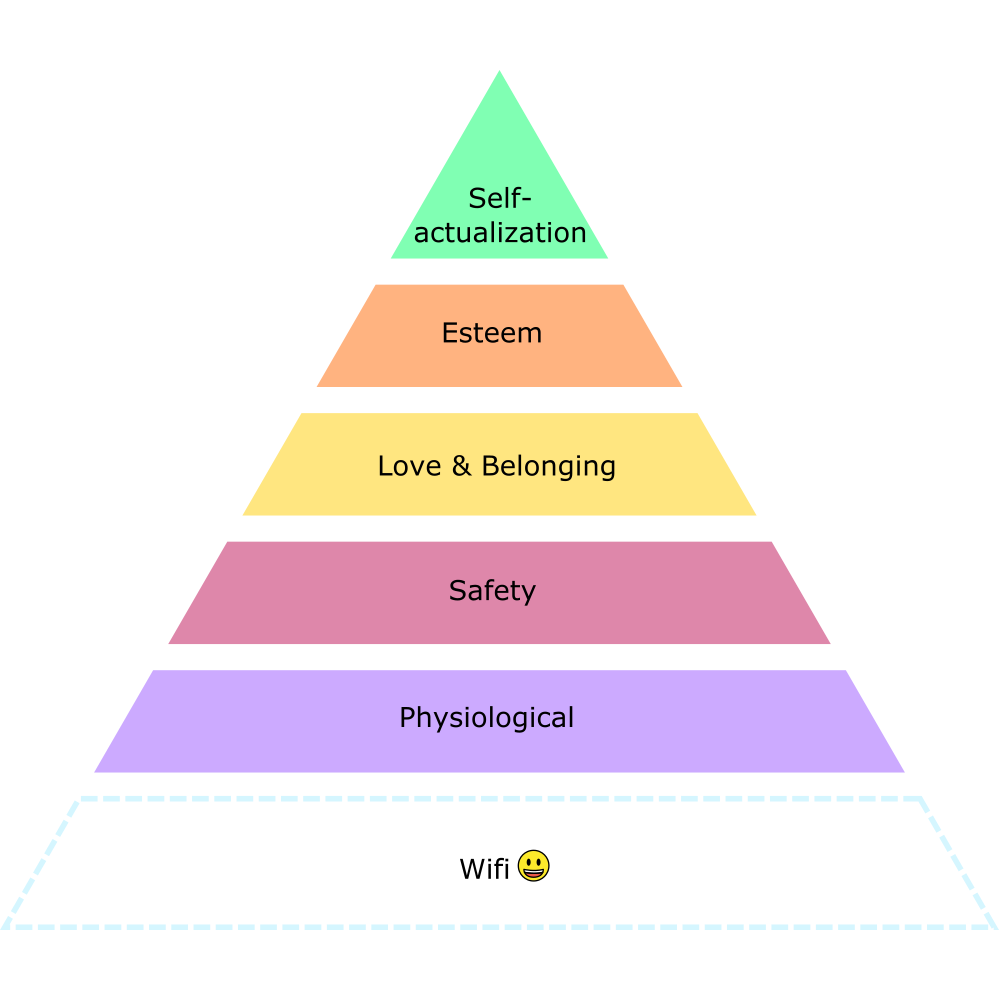This post first appeared on the 1st things 1st blog.
“Most people spend more time planning a vacation than they do planning a life.”
― Chet Holmes
When choosing your future, some of your decisions will have long-lasting effects and can lead to lots of success or disappointments, whereas some others will be valid only for a day or two, so why bother about them too much. You could follow the Pareto principle saying that for 80% of the effect, you will need 20% of effort, so you should identify the 20% of what’s long-term and act on it. Let’s explore which decisions are short-term and which are long-term.
Short term
Short-term decisions are usually triggered by life events and news and are often made based on emotions. Short-term considerations could be caused by fear of missing out or worry about what other people will think about you. On the other hand, they can be spontaneous, playful, opportunistic, open-minded as well.
- Things to do during the day. Unless it’s some life event like a birthday party, wedding, job interview, conference talk, or a show, you usually won’t need lengthy preparation.
- What to wear. Why spend too much time thinking about what to wear on a regular day? Instead, just choose something that matches together, fits the weather, suits the occasion, and is comfortable.
- What to eat. Choose whatever you like or are used to unless you are on a special diet.
- What music to listen to. Listen to what follows your mood or supports the mood you would like to get into.
- What presents to give to your friends, family, lovers. Most of the celebrations in life are recurring and relatively frequent. So surprise your people with something spontaneous.
- What TV programs or movies to watch. Choose whatever seems essential or entertaining to you.
- What galleries or museums to visit. Take opportunities to see whatever interesting exhibitions are open in your city or the city you visit.
As a proverb says, “When life gives you lemons, make lemonade.”
Long term
Long-term decisions are usually based on personal philosophy of life. You use logic and strategies to direct your energy towards growth. Otherwise, your life will likely stagnate or destroy you, and you will have lots of regrets about living conditions.
- Where to live. Your living location and conditions will have an effect on your solitude or social life, career, love life, speed and rhythm of daily routine, etc. You can choose to live with your relatives, in a shared apartment with flatmates, in a dormitory, in a rented or owned apartment, house, or villa. And all that will have different outcomes on your future life.
- What to study. Your job opportunities, quality of life, and overall happiness in your life will depend on what you learn at University, College, Academy, or Professional School. Will you study something that you are interested in or something that your parents were impressed about? Will you learn something that you are passionate about, something that the market demands, or something in between?
- Where to work. Will you work for survival, self-expression, self-fulfillment, or a local or global mission? It all depends on what job you will choose and how it matches your personality. Will, each of your employment, be the basis for your following ones, or will they be just a waste of career experience while searching for your field?
- What name to give to your baby. In my life, I’ve met people who hated their first or last names because those names made them difficult to reach the expectations they had from life. Not in all countries, it is possible to change your name. So when choosing a name for your newborn, choose wisely.
- What name to give to your company, product, or service. Just as for the baby name, the name of your business can also have a long-lasting effect. Especially if you care not only about the sales but also about your company’s branding and distant future.
- What goals to aim for. You can have many passions in life and lots of possible directions to go with your life. But which of those directions is the most optimal for your character, skills, and needs?
- What’s your main reason for living. Why were you born on this planet? What’s the purpose of your life? These existential questions are definitely long-term and require deep self-analysis.
“Maturity is achieved when a person postpones immediate pleasures for long-term values.”
– Joshua L. Liebman
It depends
Some decisions can either be quick and spontaneous or thoughtful and logical depending on what kind of person you are:
- What events, conferences, or festivals to go to. Are you going to different gatherings for entertainment or getting information and resources for your projects?
- What books to read. Are you reading books to have rest or to get knowledge for your career and self-development?
- What podcasts to listen to. Do you listen to podcasts to fill your silence with chitchat or to learn something valuable and inspirational for life?
- What country to visit for vacation. Do you choose your traveling spontaneously, or do you have a bucket list for life?
- What newspapers or magazines to subscribe to. Do you read whatever is popular or what supports your knowledge for lifestyle or career?
- What theatre plays to watch. Do you go to theaters to have a good time or to widen your viewpoint?
If you consider that your time is limited, you will probably try to save it by choosing what goes along with your values and goals. You will visit events, read books, and listen to podcasts useful for your primary activities. On the other hand, if you consider that your time is limitless, you will make decisions based on what feels right at the moment: you will go to events that will seem attractive, shocking, or inspiring. You will read books that entertain you much. You will listen to podcasts where the people seem most charismatic or grounded according to your preferences or where the topics seem interesting to you.
How to solve short or long-term decisions?
You can make short-term decisions using intuition, common sense, or randomness. For example, it doesn’t really matter so much what exactly you gonna wear today at work. What matters more is what clothes you buy to wear for work. It doesn’t really matter what dish you are going to try today. What matters more is what diet you are going to take in your life. It doesn’t matter too much what song you will listen to today at your lunch break. What matters more is in what mood and mindset your playlists are going to put you into.
When it comes to short-term decisions, choose what inspires you or solves a problem.
When it comes to long-term decisions, it’s better to weigh the options before making a decision. And for this reason, the most valuable tool to do that is probably the strategic prioritizer “1st things 1st”. Half an hour of prioritizing with “1st things 1st” can save you from months or even years of frustration and regrets. “1st things 1st” lets you make the most optimal decisions based on your knowledge and intuition.
This is how it goes. First, you start prioritization by defining your success criteria. Second, you list out things to prioritize. Third, you rate each item by each measure. And lastly, the tool calculates your priorities and groups them into something to choose for sure, things to consider, and things to eliminate or skip. It’s as easy as that.
Interested? Try it out for free.
Cover photo by Brayden Law



